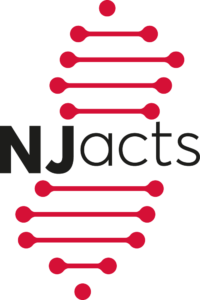 Please read Dr. Aleksunes’ article in Reproductive Toxicology titled, “Extravillous trophoblast migration and invasion: Impact of environmental chemicals and pharmaceuticals.”
Please read Dr. Aleksunes’ article in Reproductive Toxicology titled, “Extravillous trophoblast migration and invasion: Impact of environmental chemicals and pharmaceuticals.”
A successful pregnancy requires a healthy and properly functioning placenta to provide nutrition and protect the fetus throughout gestation. The placenta produces a number of hormones and cytokines required to maintain pregnancy, ensure appropriate fetal development, and initiate parturition and lactation. In addition, the placenta supports the nutritional demands of the growing fetus by exchanging oxygen, carbon dioxide, waste and nutrients at the fetal-maternal interface. Arguably one of the most important roles of the placenta is its role as a semi-permeable barrier during development that selectively regulates exposure of the fetus to exogenous and endogenous compounds. Nonetheless, even chemicals that do not cross the placenta can have direct effects on key physiological functions that can otherwise adversely impact fetal health. To read the full article.
Extravillous trophoblast migration and invasion: Impact of environmental chemicals and pharmaceuticals. Meakin C, Barrett ES, Aleksunes LM. Reprod Toxicol. 2022 Jan;107:60-68. PMID: 34838982 PMCID: PMC8760155 DOI: 1016/j.reprotox.2021.11.008
